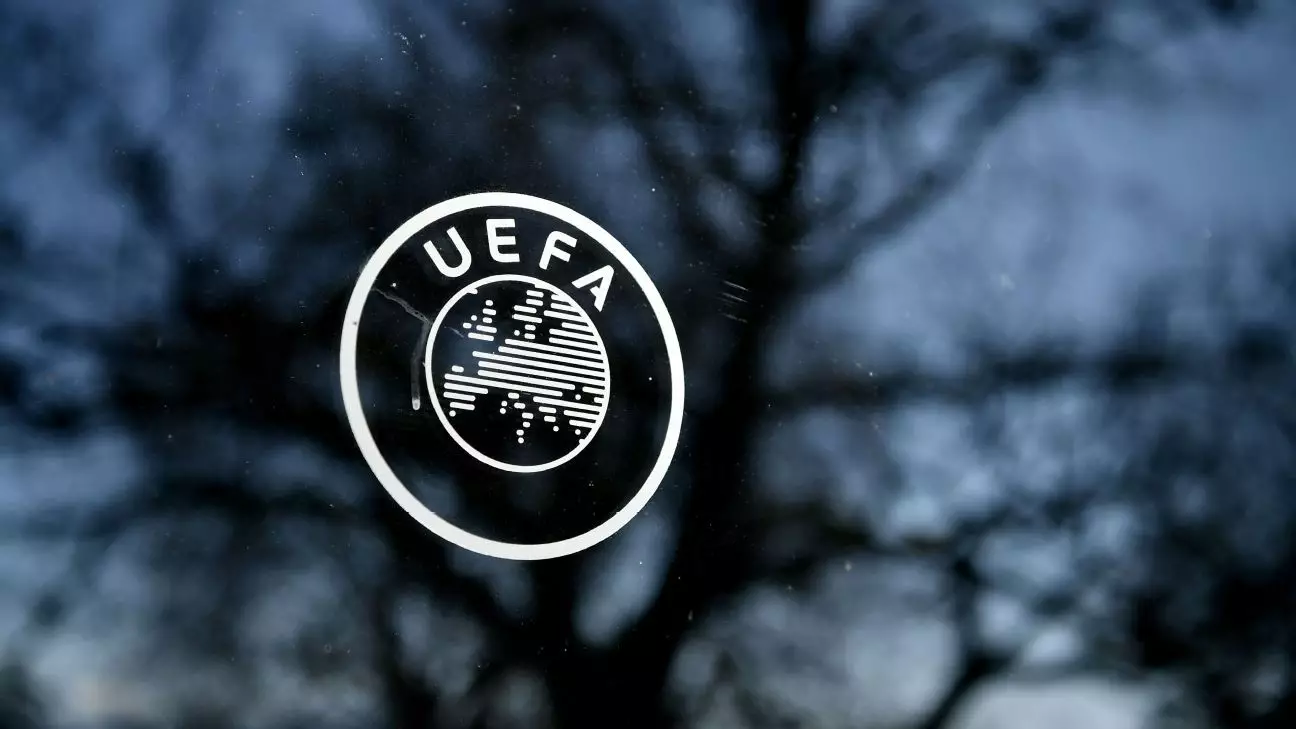Financial fair play regulations in soccer have been put in place to ensure clubs are managing their finances responsibly and steering clear of potential bankruptcy. These regulations are designed to prevent clubs from overspending in their pursuit of success, ultimately safeguarding their long-term survival. The Premier League has its own set of regulations known as Profit and Sustainability Rules (PSR), which are widely recognized in the sport. The consequences of non-compliance with these regulations can be severe, often resulting in relegation for the offending clubs.
UEFA, the governing body of European soccer, first raised concerns about clubs facing financial losses back in 2009. This prompted the implementation of financial fair play regulations, with the goal of promoting financial sustainability within the sport. The monitoring of club spending began in the 2011-12 season, with the first sanctions being applied in 2014 after a three-year monitoring cycle.
Clubs are required to break even over a three-year period, with a maximum allowable loss of £5 million. However, this figure can be extended to £60 million if covered by the club owners. Financial fair play calculations encompass expenses such as wages, transfer fees, and overall club financial management. Certain expenses, such as infrastructure development, youth training, and women’s soccer, are not factored into the calculation. Furthermore, clubs are initially permitted to spend up to 90% of their total revenue on wages, transfers, and agents’ fees, with this percentage gradually decreasing to 70% over time. Owners’ investments in the club are benchmarked against comparable deals to ensure transparency.
In the Premier League, clubs must not incur losses exceeding £105 million over a three-season period. Of this amount, £90 million must be covered by secure funding, leaving a £15 million allowance for club losses. Any losses beyond this threshold must be guaranteed by the club owners. Similar to UEFA regulations, expenses on infrastructure, training facilities, and other non-football expenses are excluded. Failure to adhere to these rules may result in severe consequences, including point deductions.
Punishments for Non-Compliance
Point deductions are a common form of punishment in the Premier League for clubs that violate financial regulations. Recent examples include Everton receiving a 10-point deduction in the 2023-24 season (later reduced to six points) and Manchester City facing charges for alleged breaches. UEFA punishments may range from fines to exclusion from competitions, depending on the severity of the violations. Notably, several top clubs, including Paris Saint-Germain and Juventus, have faced fines for failing to meet UEFA’s financial fair play requirements.
Financial fair play regulations play a crucial role in maintaining the financial stability of soccer clubs and the overall integrity of the sport. By ensuring that clubs operate within their means and avoid excessive spending, these regulations aim to preserve the competitive balance and sustainability of soccer at both domestic and European levels. As enforcement and oversight continue to evolve, clubs must remain vigilant in adhering to these regulations to avoid potential consequences that could threaten their future in the game.
